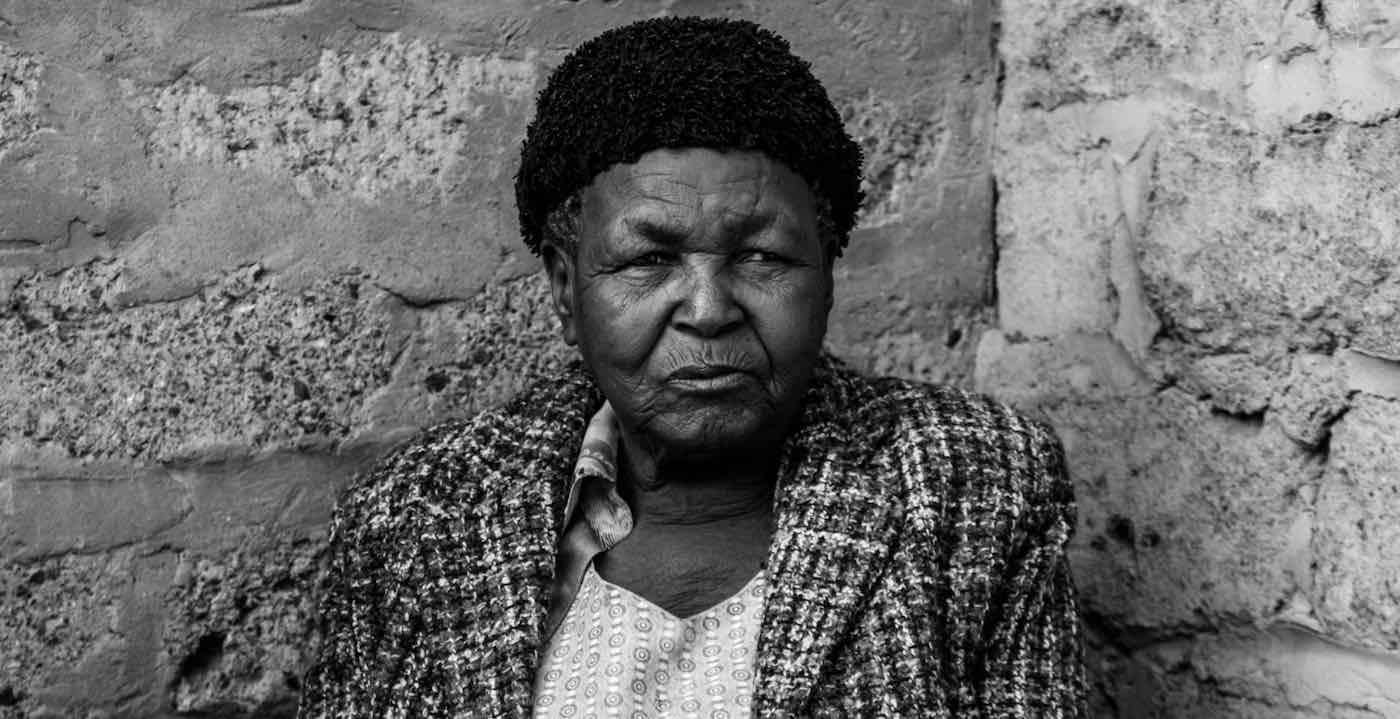A Love Letter to America From a Village in Bangladesh on the 20th Anniversary of 9/11
Rezaul Karim Reza first heard about the USA on 9/11 and became compelled to learn her language and customs as he reached out to Americans.

Four brave women in South Africa have successfully overturned a set of antiquated marriage laws that denied women equal property rights.
Around 400,000 elderly black women will now have equal access to matrimonial property, thanks to Elizabeth Gumede, Thokozani Maphumulo, Matodzi Ramuhovhi, and Agnes Sithole, and the Legal Resources Centre (LRC) in Durban.
Land ownership and property rights are integrally connected to the power of self-determination. This is particularly important for a class of persons historically oppressed by society and the law—elderly black women.
In April, the Constitutional Court struck down a piece of legislation which unfairly discriminates against such women. The Court ruled that a section of the Matrimonial Property Act 88 of 1984 is unconstitutional and invalid to the extent that it maintains and perpetuates discrimination in marriages of black couples entered into before 1988, automatically denying them community property.
The LRC represented Ms. Agnes Sithole and the Commission for Gender Equality in the case, which vindicated the rights of approximately 400,000 elderly black women in South Africa.
The above case is the third in a trilogy of legal challenges brought by the Legal Resources Centre in the cases Gumede, Ramuhovhi and Sithole, challenging the laws. The affected women belong to a generation of black women who were born, raised and married under apartheid – during a time when laws actively prevented their access to freedom of movement, education, and the right to hold property.
Women bore the laborious and expensive task of applying to a court for redistribution of property if the marriage ended, but the court cases and the Recognition of Customary Marriages Act (RCMA) Amendment Bill recently passed by parliament reverses this discrimination.
In 2008, the LRC represented Ms. Gumede who was married in 1968 which was therefore governed by the apartheid-era law that stipulated the husband to be the owner of all family property. Her divorce would have left Ms. Gumede vulnerable and homeless in her old age.
In 2017, the LRC represented Ms. Maphumulo, who faced eviction from her home upon her husband's death.
On 2 March 2021, the RCMA Amendment Bill was passed by parliament to give effect to the Gumede and Ramuhovhi orders. The amendment will ensure that the default position for all customary marriages will be in community of property, unless stipulated otherwise in an antenuptial contract.
Finally, in the Sithole case, 72-year-old housewife Ms. Sithole, the judgment "unpacks societal dynamics such as patriarchy, gender stereotyping, and inflexible application of oppressive cultural practices which perpetuates intersectional discriminatory consequences for black women," according to a statement from the LRC.
The LRC has relentlessly fought for this financial freedom for historically oppressed women. Access to land and property are essential to securing financial freedom, as well as individual agency and autonomy. The potential of women to own and control land will foster their power of self-determination; eliminate dependence; and enable them to participate meaningfully in society.
"The trilogy of cases have secured a community of property regime for black women, strengthening their right to security of tenure and financial freedom by ensuring that a husband and his wife/wives equally share the right of ownership and other rights to family property and house property without discrimination."
(File photo by Nkululeko Mabena)
SHARE The Good News For Gender Equality on Social Media…
Be the first to comment